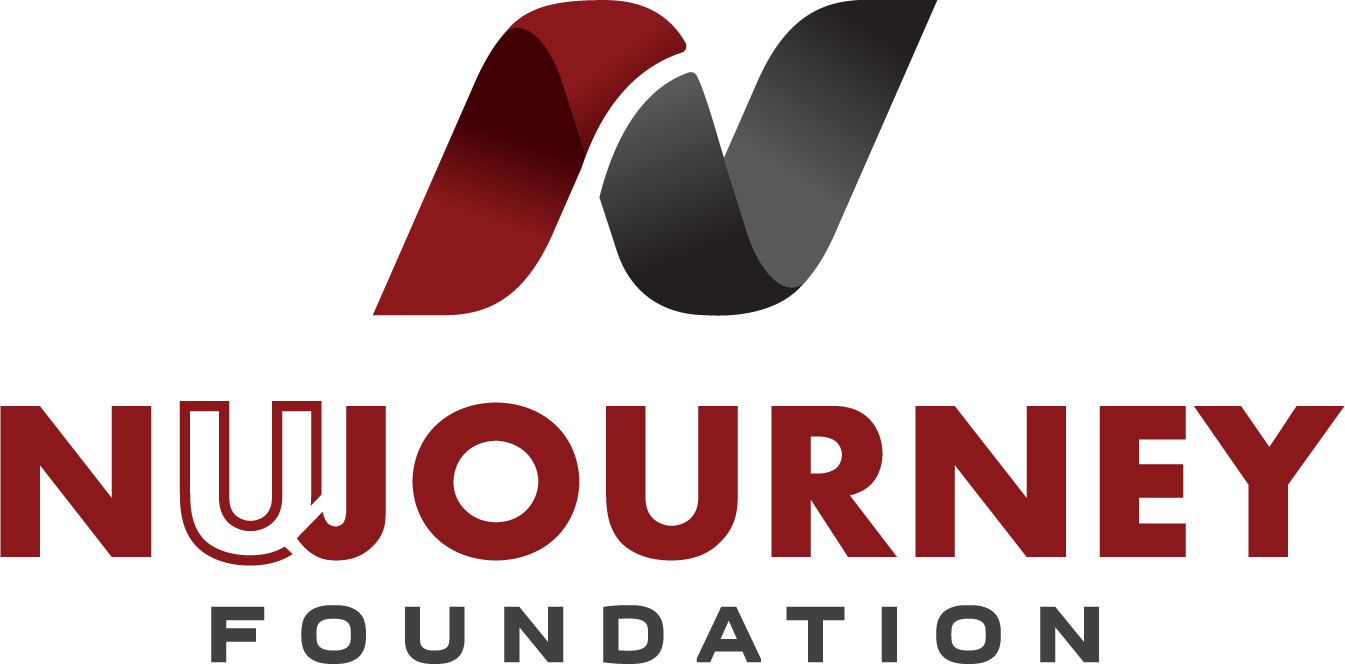The W.H.Y of Financial Literacy
Financial Literacy is my passion project. As an industry professional, I see first- hand the impact financial literacy has on those who lack it. There is a school of thought, arguing financial literacy is strictly personal responsibility. They believe that the responsibility lies with each person to educate themselves about money matters and to make wise financial choices. On the other hand, proponents of incorporating financial literacy into the universal education system highlight the need for widespread access to financial knowledge. This argument promotes that not everyone has the same opportunities to learn about money management, as financial education might not be readily available to all individuals, particularly those from lower-income backgrounds or disadvantaged communities.
Regardless of which side of the argument you support, I think it is undeniable that financial literacy plays a vital aspect of life. For those with the tools and necessary resources, mentors and advocates, financial decisions become easier because there are choices to be made. However, for those without the benefit of those same resources, mentors and advocates, the choices are limited and in a lot of cases generational lasting.
So, when people come to me and ask me why I am so passionate about financial education in underserved communities. I typically address them that my mission to create financially healthy individuals, families, and businesses in thriving communities is a necessary component to survival. Thus, here are the three fundamental pillars of why financial literacy is so important: the W, the H, and the Y, each representing a key reason why financial literacy matter.
The W stands for Wealth Accumulation. Financial literacy empowers individuals to effectively manage their resources and make informed decisions about their money, how to invest, where to spend and how to save it. It gives them the freedom to reframe success and define it on their own terms; success that aligns with their unique values and aspirations. Additionally, wealth accumulation is legacy building, ensuring that generations to come have the same opportunities or better to enjoy their time on the extraordinary planet. Wealth accumulation is not the size of your bank account, but truly the size of your diversified asset portfolio.
The H stands for Healthy Financial Habits. Many people overlook the fact that financial literacy has more to do with attitudes, behaviors, and emotions surrounding money or finances. Financial literacy promotes habits that contribute to a healthy financial life. By learning how to budget effectively, individuals can prioritize their spending, live within their means, and avoid unmanageable debt. Furthermore, financial literacy teaches individuals about the importance of building an emergency fund, maintaining good credit, and planning for retirement.
The Y stands for Youth Empowerment. I love teaching financial literacy to youth because they are impressionable. Their limited exposure to the topic makes them prime candidates to nurture around basic subjects like needs vs. wants and savings vs. spending. These are subjects that should be discussed with youth to prevent them from experiencing prolonged financial hardship. It is easy for young individuals to get lost in the allure of credit cards or hard money loans, but what is lacking is an understanding of the consequences these choices will have on their ability to purchase homes, cars, build successful businesses or obtain credit with favorable terms in the future. By introducing financial education at an early age, we empower youth to take control of their financial futures. Equipping them with the knowledge of basic financial principles enables them to make informed choices about their education, career, and money. Financial literacy empowers young individuals to break free from the cycle of debt, invest wisely, and secure a better future for themselves and their families.
My WHY and yours may come from different points of view. However, I think we can agree the importance of financial literacy has to be a national topic of conversation in all communities. In order for communities to thrive and individuals to prosper, there must be an open dialogue surrounding financial literacy. A comprehensive understanding of financial matters goes beyond the realm of personal finance. It directly impacts our local and national economies, job markets, and overall societal well-being. By addressing financial literacy as a national issue, we can foster economic growth, reduce income inequality, and promote financial stability for all.
Creating a national dialogue around financial literacy also means breaking down cultural barriers and challenging societal norms that perpetuate financial ignorance. We must encourage open conversations about money management, savings, and investing in all communities, regardless of socioeconomic backgrounds. However, the responsibility does not rest solely on educational institutions. Government bodies, nonprofits, and community organizations must work collaboratively to develop comprehensive financial education programs that cater to diverse populations and address the specific challenges they face. By doing so, we can diminish the stigma often associated with financial struggles and foster an environment where seeking financial knowledge is encouraged and celebrated.
#thrisingisnow
-CD
